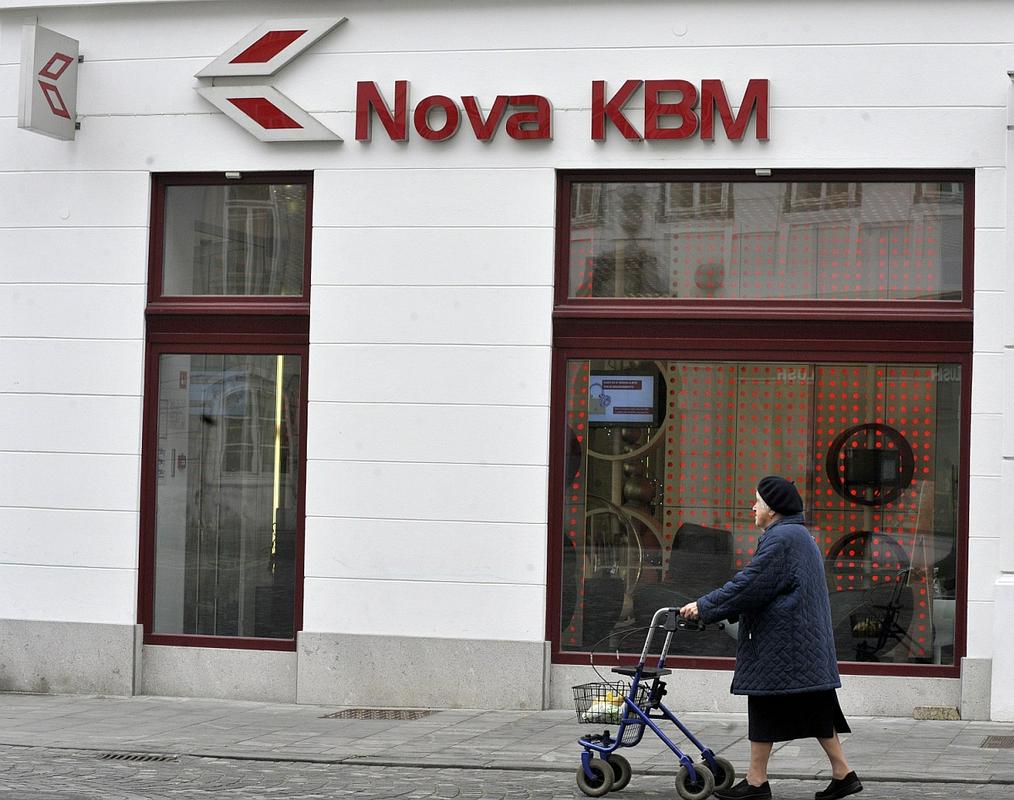
Ales Hauc said NKBM would not need another financial injection this year or next, after the state boosted its capital by 870 million euros ($1.2 billion) in December as part of a sector overhaul that enabled Slovenia to avoid an international bailout. "I believe the bank will pass the stress test because it has enough capital," Hauc said on the sidelines of a business conference, referring to a European assessment of banks' health.
He voiced hope that NKBM would be sold by the end of this year as planned by the government, because that would bring cheaper capital and fresh know-how. He said any new government established after the July general election was not expected to derail the privatisation.
"I doubt privatisation could be stopped because not only the business opinion but also public opinion is in favour of the bank's sale," he said. Hauc said bad loans, now at 25 percent, could rise a bit more this year amid continued poor growth and high unemployment but added: "There will be no drastic increase of bad loans."
The government expects the economy to grow by 0.5 percent this year after two years of recession, but Hauc said it was too early to assess if the economy would indeed expand. "We have to wait to see how the economy will do in the second and the third quarter and only then we may be able to talk about possible annual growth," said Hauc.
The statistics office reported in May that the economy shrank 0.3 percent in the first quarter over the last quarter of 2013, but expanded 1.9 percent year-on-year. Slovenia injected 3.3 billion euros into its local banks in December to prevent them from collapsing under a large amount of bad loans built up over years of reckless lending.
The country will hold a snap election on July 13 because the centre-left Prime Minister Alenka Bratusek resigned in May after she lost the battle for the leadership of her Positive Slovenia party.

































































